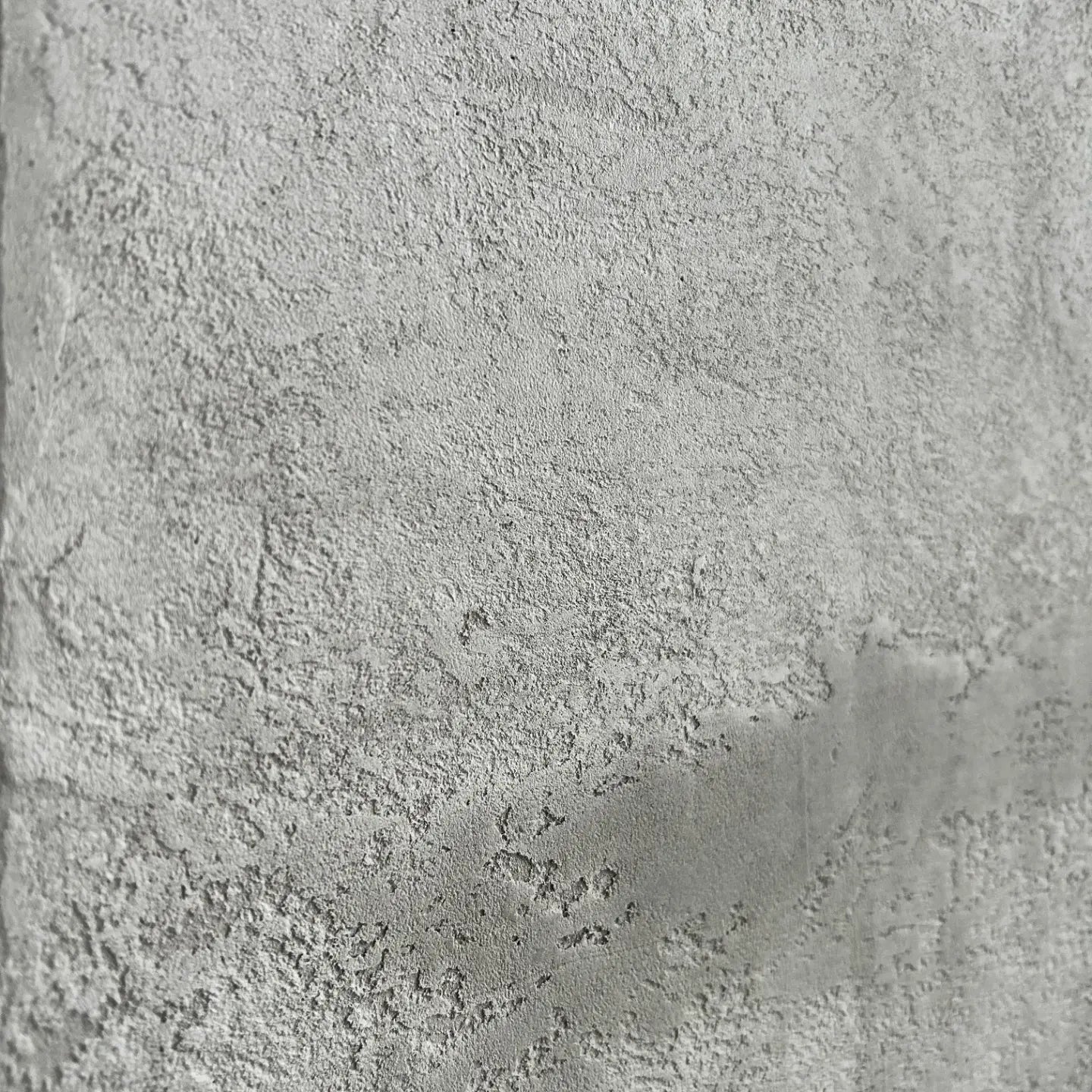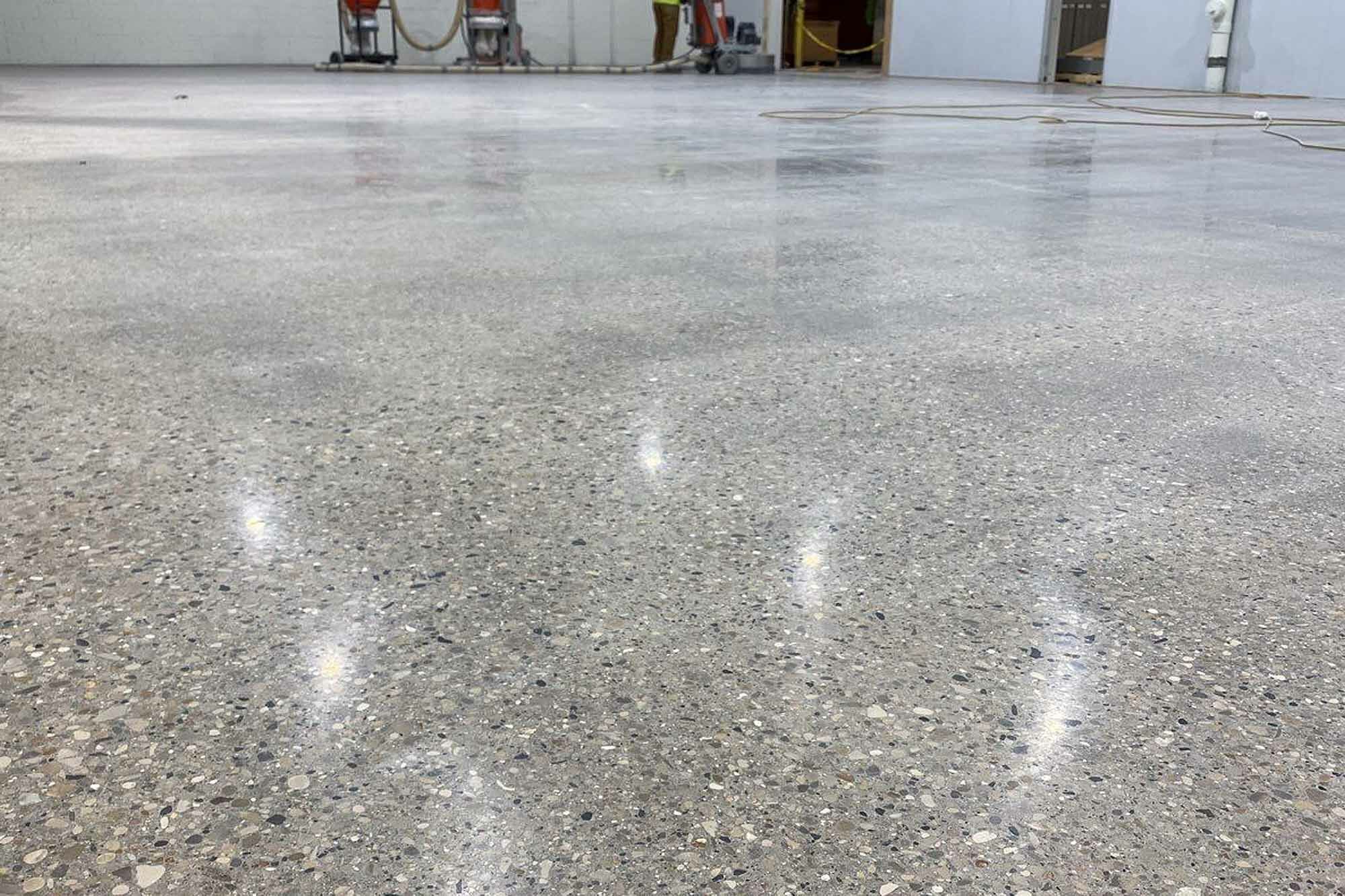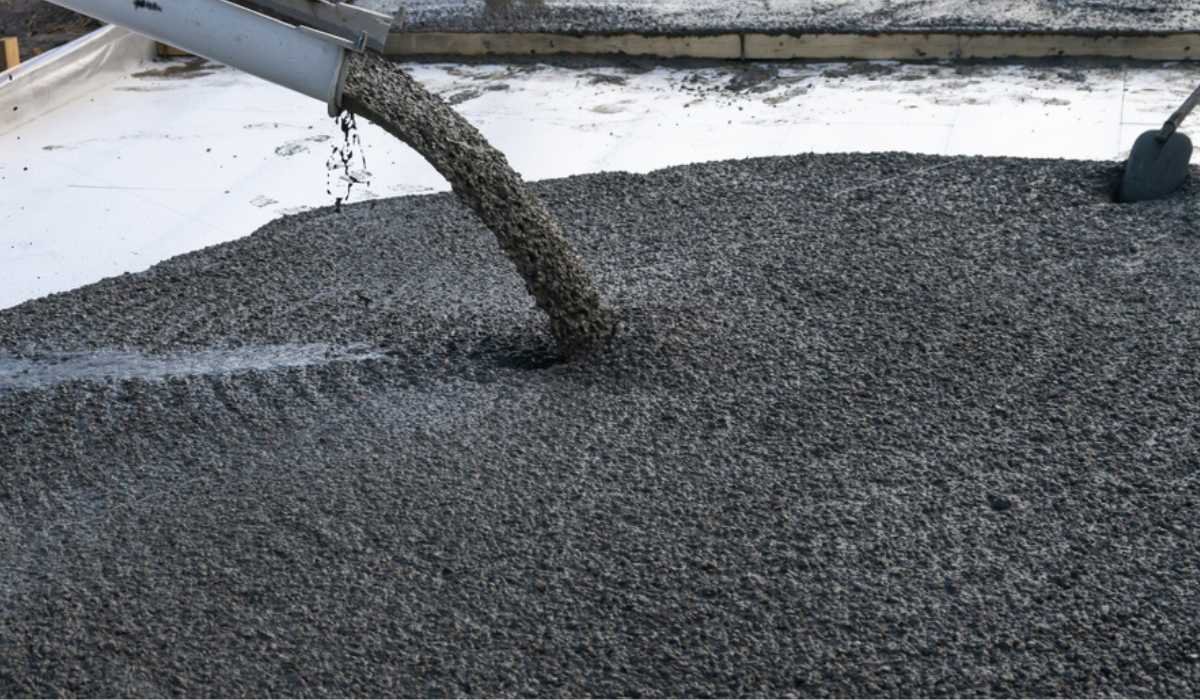Unveiling the Eco-Friendly Advantages of Making Use Of Recycled Concrete in Lasting Construction Practices
In the realm of sustainable building techniques, the usage of recycled concrete stands as a crucial yet commonly undervalued source. Beyond its conventional applications, recycled concrete offers a myriad of environmentally friendly advantages that expand far beyond the boundaries of typical construction products.
Ecological Advantages
By integrating recycled concrete into building techniques, there is a considerable decrease in the requirement for brand-new raw products, leading to conservation of all-natural sources. In addition, the usage of recycled concrete lessens the quantity of waste being sent out to land fills, consequently decreasing ecological contamination and relieving the stress on land fill abilities (Concrete).

Moreover, the manufacturing of conventional concrete is a significant source of carbon emissions as a result of the energy-intensive process of concrete manufacturing. On the other hand, recycled concrete has a reduced carbon impact as it reduces the need for brand-new concrete production. This decrease in carbon exhausts adds to mitigating environment adjustment and sustains sustainable building practices. Generally, the environmental benefits of using recycled concrete are substantial and play a crucial duty in advertising green building and construction approaches.
Cost-Efficiency
Achieving cost-efficiency is a vital consideration when analyzing the application of recycled concrete in building projects. One of the vital advantages of utilizing recycled concrete is its cost-effectiveness contrasted to typical concrete.
Moreover, making use of recycled concrete can result in savings in land fill prices by diverting concrete waste from disposal sites. This not only minimizes the ecological effect however likewise removes the prices connected with waste elimination. The resilience and efficiency of recycled concrete are equivalent to conventional concrete, guaranteeing that expense savings do not endanger the top quality of the construction.
Longevity and Stamina
Considering the considerable cost-efficiency benefits of making use of recycled concrete, it is vital to analyze its durability and toughness in construction applications. Recycled concrete offers comparable, otherwise premium, toughness and stamina residential properties to typical concrete. Via advancements in processing techniques and quality control, recycled concrete can meet or surpass the performance criteria of conventional concrete. The process of reusing concrete entails crushing, arranging, and evaluating old concrete to create aggregates that can be utilized in new building tasks. These recycled aggregates can providing sufficient compressive toughness, toughness, and long-term performance.

Waste Reduction
Efficient waste decrease practices play a vital role in the sustainable application of sources within the construction sector. Waste reduction is a crucial benefit that contributes dramatically to environmental preservation when it comes to using recycled concrete. Traditional building and construction approaches commonly generate considerable amounts of waste, specifically in the type of concrete rubble from demolition websites. By incorporating recycled concrete right into building jobs, this waste is repurposed and drawn away from garbage dumps, minimizing the overall ecological influence of building tasks.
In addition, the use of check over here recycled concrete can lead to set you back financial savings for building tasks, as it is frequently much more inexpensive than sourcing and carrying new materials - Concrete. In final thought, waste decrease through the utilization of recycled concrete is a vital part of sustainable building methods that profits both the building and construction and the setting sector as a whole.
Power Preservation
Power preservation is an essential element of sustainable building techniques, aiming to minimize the general energy consumption related to structure operations and products production. When it comes to making use of recycled concrete in construction, substantial power savings are achieved contrasted Visit Your URL to conventional concrete manufacturing. The procedure of generating recycled concrete involves recycling and crushing existing concrete materials, which consumes much less energy than mining, handling, and transferring raw products for brand-new concrete manufacturing. Furthermore, making use of recycled concrete can aid lower the demand for virgin accumulation, more decreasing the energy-intensive extraction and processing of natural resources.
Verdict
To conclude, the usage of recycled concrete in lasting building techniques offers countless ecological advantages, cost-efficiency, durability, toughness, waste decrease, and power preservation. By incorporating recycled concrete into building projects, we can add to an extra sustainable and environmentally pleasant future. It is vital for the construction industry to focus on the use of recycled materials to help decrease the ecological impact of construction tasks.
One of the essential advantages of making use of recycled concrete is its cost-effectiveness compared to typical concrete.In addition, the use of recycled concrete can lead to cost savings in garbage dump prices by drawing away concrete waste from disposal sites. The longevity and efficiency of recycled concrete are equivalent to traditional concrete, making certain that cost financial savings do not compromise the quality of the building and construction.

 Taran Noah Smith Then & Now!
Taran Noah Smith Then & Now! Alana "Honey Boo Boo" Thompson Then & Now!
Alana "Honey Boo Boo" Thompson Then & Now! Destiny’s Child Then & Now!
Destiny’s Child Then & Now! Tina Louise Then & Now!
Tina Louise Then & Now! Andrew McCarthy Then & Now!
Andrew McCarthy Then & Now!